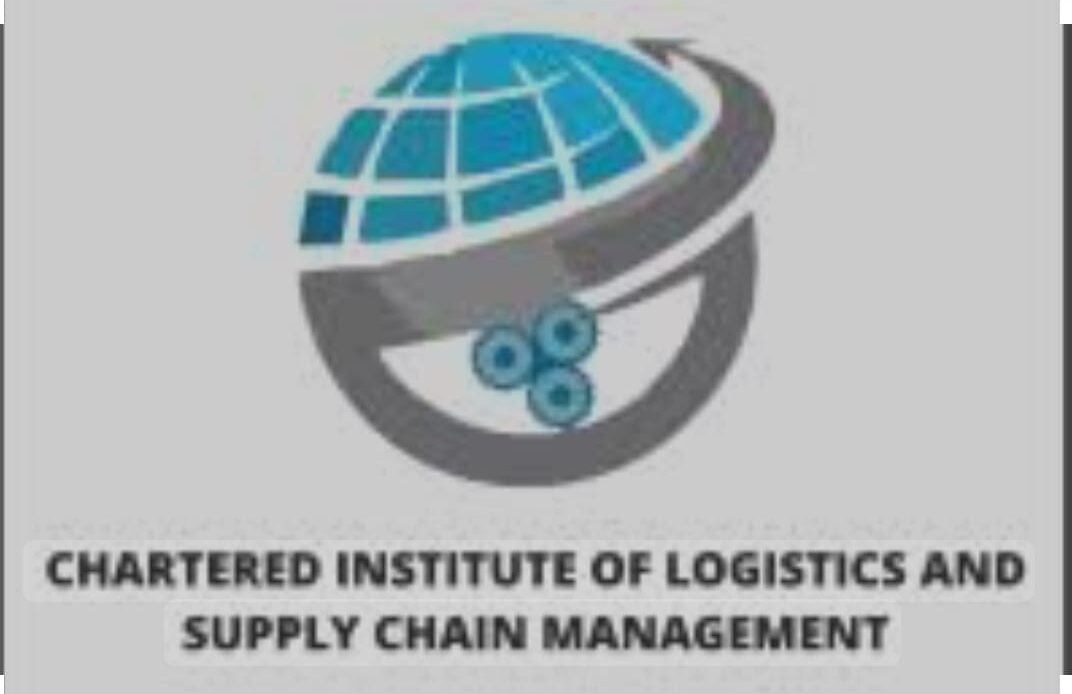
Logistics and Supply Chain in Nigerian Construction: Strategies for Success
Introduction
The construction industry in Nigeria is experiencing a period of dynamic growth, fueled by increased infrastructure development, urban expansion, and economic progress. However, the success of construction projects in this burgeoning market hinges significantly on effective logistics and supply chain management. Addressing logistics and supply chain challenges is essential for ensuring timely project completion, cost control, and overall operational efficiency. This article explores the key aspects of logistics and supply chain management in Nigerian construction, highlighting strategies to optimize these critical components for successful project outcomes.
The Importance of Logistics and Supply Chain in Nigerian Construction
Logistics and supply chain management play a crucial role in the construction industry, influencing various aspects of project execution. For the Nigerian construction sector, addressing these elements effectively is vital due to several factors:
1. Project Timeliness: Efficient logistics and supply chain management ensure that construction materials, equipment, and resources are delivered on time. Delays in supply chain processes can lead to project setbacks and increased costs.
2. Cost Efficiency: Effective management helps in controlling costs associated with procurement, transportation, and storage of materials. By optimizing the supply chain, construction firms can minimize waste and reduce overall project expenses.
3. Quality Control: Reliable logistics ensure that materials meet quality standards and are delivered in optimal condition. This contributes to the overall quality of construction work and the durability of finished structures.
4. Risk Management: Addressing logistics and supply chain challenges proactively helps in identifying and mitigating risks related to material shortages, transportation disruptions, and other supply chain issues.
Key Challenges in Nigerian Construction Logistics and Supply Chain
Despite its importance, the Nigerian construction industry faces several challenges in logistics and supply chain management:
1. Infrastructure Deficiencies: Poor transportation infrastructure, including inadequate roads and congested ports, can disrupt the movement of construction materials and equipment, leading to delays and increased costs.
2. Regulatory and Customs Delays: Bureaucratic processes and customs regulations can cause delays in the importation of construction materials and equipment, impacting project timelines.
3. Supply Chain Disruptions: Unpredictable disruptions, such as political instability, economic fluctuations, and natural disasters, can affect the availability and delivery of construction resources.
4. Inventory Management Issues: Inefficient inventory management practices can lead to material shortages or excesses, affecting project progress and increasing costs.
5. Lack of Coordination: Poor coordination between suppliers, contractors, and project managers can result in miscommunications, delays, and inefficiencies in the supply chain.
Strategies for Optimizing Logistics and Supply Chain in Nigerian Construction
To address these challenges and enhance logistics and supply chain efficiency in Nigerian construction projects, several strategies can be employed:
1. Improving Infrastructure and Transportation
- Invest in Infrastructure Development: Collaborate with government bodies and stakeholders to advocate for and invest in infrastructure improvements, including better roads, ports, and transport facilities.
- Optimize Transportation Routes: Plan and optimize transportation routes to minimize delays and reduce costs. Utilize technology and data analytics to identify the most efficient routes and avoid congestion.
- Adopt Modern Transport Solutions: Explore the use of modern transport solutions such as fleet management systems and GPS tracking to enhance transportation efficiency and monitor deliveries in real-time.
2. Streamlining Regulatory and Customs Processes
- Engage with Regulatory Authorities: Build strong relationships with regulatory and customs authorities to facilitate smoother processing of permits and clearances.
- Automate Documentation: Implement digital solutions to automate documentation and compliance processes, reducing the time required for approvals and customs clearance.
- Stay Updated on Regulations: Keep abreast of changes in regulations and customs procedures to ensure compliance and avoid potential delays.
3. Enhancing Supply Chain Visibility and Coordination
- Implement Supply Chain Management Systems: Utilize advanced supply chain management systems and software to gain real-time visibility into inventory levels, orders, and deliveries.
- Foster Strong Relationships with Suppliers: Develop strong partnerships with reliable suppliers and establish clear communication channels to ensure timely and accurate delivery of materials.
- Promote Collaborative Planning: Encourage collaboration and coordination between project managers, suppliers, and contractors to streamline the supply chain and address potential issues proactively.
4. Optimizing Inventory Management
- Adopt Just-In-Time (JIT) Inventory: Implement JIT inventory practices to reduce excess inventory and minimize storage costs. This approach ensures that materials are delivered only when needed, reducing the risk of overstocking.
- Utilize Inventory Management Software: Invest in inventory management software to track material usage, forecast demand, and manage stock levels effectively.
- Regular Inventory Audits: Conduct regular inventory audits to identify discrepancies, optimize stock levels, and ensure accurate inventory records.
5. Mitigating Supply Chain Risks
- Develop Contingency Plans: Create contingency plans to address potential disruptions, such as alternative suppliers, backup transportation routes, and emergency response protocols.
- Monitor Market Trends: Stay informed about market trends, economic conditions, and potential risks that could impact the supply chain. Adjust strategies accordingly to mitigate risks.
- Invest in Risk Management Tools: Use risk management tools and techniques to assess and manage potential risks in the supply chain, including risk assessment software and scenario planning.
6. Leveraging Technology and Innovation
- Adopt Digital Solutions: Utilize digital solutions such as Building Information Modeling (BIM), Internet of Things (IoT), and blockchain technology to enhance supply chain visibility, traceability, and efficiency.
- Implement Data Analytics: Use data analytics to gain insights into supply chain performance, identify trends, and make informed decisions to optimize logistics and procurement processes.
- Explore Automation: Incorporate automation in warehousing, transportation, and procurement processes to improve efficiency and reduce manual errors.
Case Studies: Successful Logistics and Supply Chain Management in Nigerian Construction
Examining successful case studies can provide valuable insights and practical examples of effective logistics and supply chain management:
1. The Lekki Free Trade Zone Project: This project exemplifies successful logistics management through strategic partnerships and infrastructure investments. The development of dedicated transport routes and efficient supply chain planning contributed to timely project completion and cost control.
2. The Eko Atlantic City Project: The Eko Atlantic City project demonstrated effective supply chain coordination and risk management. The use of advanced logistics technology and strong supplier relationships ensured the smooth delivery of materials and minimized disruptions.
Conclusion
Addressing logistics and supply chain challenges in Nigerian construction is essential for ensuring project success and operational efficiency. By improving infrastructure, streamlining regulatory processes, enhancing supply chain visibility, optimizing inventory management, and leveraging technology, construction firms can overcome common obstacles and achieve their project goals.
The Nigerian construction industry is poised for continued growth, and effective logistics and supply chain management will play a crucial role in driving this progress. By adopting best practices and implementing strategic solutions, developers and stakeholders can navigate the complexities of logistics and supply chain management, ultimately contributing to the successful execution of construction projects and the overall development of Nigeria’s infrastructure.
. Logistics and Supply Chain Management
. Nigerian Construction Industry
. Project Timeliness
. Cost Efficiency
. Quality Control
. Risk Management
. Infrastructure Deficiencies
. Regulatory and Customs Delays
. Supply Chain Disruptions
. Inventory Management
. Supply Chain Coordination
. Just-In-Time (JIT) Inventory
. Transportation Optimization
Contact Us
Chaman Law Firm today. Our offices are conveniently located in Lagos, FCT Abuja, Ogun State, and the UK. We are readily available to assist you with your legal needs. Whether you require consultation, representation, or ongoing legal support, Chaman Law Firm is your trusted partner.
Call us at 08065553671 or email us at info@chamanlawfirm.com to schedule a consultation.


